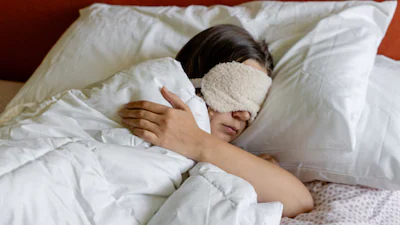A study shows that there are five distinct sleeper profiles, each revealing unique insights into our mental, physical, and emotional health of a person. The study goes beyond “good” or “bad” sleep, revealing how your unique sleep profile shows up in your brain’s wiring. Ever wondered why you wake up groggy even after eight hours of sleep, while someone else feels fresh after six? Turns out, it’s not just how long you sleep, but how you sleep that really matters. A new study has found that our sleep patterns can reveal surprising insights about our mental and physical health — from stress resilience to brain function. This group struggles to get a proper night’s rest — tossing, turning, and waking frequently. They report the lowest sleep satisfaction and the highest daytime fatigue. Brain scans show stronger connections between attention and sensorimotor networks, suggesting their brains work harder to compensate for lost rest. Despite experiencing stress, anger, or sadness, this group reports no major sleep problems. Their sleep seems protected from psychological distress — a sign of strong emotional or biological resilience. They clock in fewer than 6–7 hours of sleep but still manage to function, or so it seems. The study found that short sleepers show higher aggression, poorer emotional regulation, and reduced cognitive performance. Brain scans also revealed stress-linked connectivity patterns. Sleep isn’t just about feeling refreshed. It shapes how your brain works, how you handle emotions, and how your body performs. And as this research shows, improving sleep quality could mean more than just adding hours — it could mean tailoring how you rest.
Thank you for reading this post, don't forget to subscribe!Resilient Sleeper Or Restless What Your Sleep Type Says About You



